Advanced electromyography testing that pinpoints exactly what’s causing your muscle weakness, numbness, or pain.
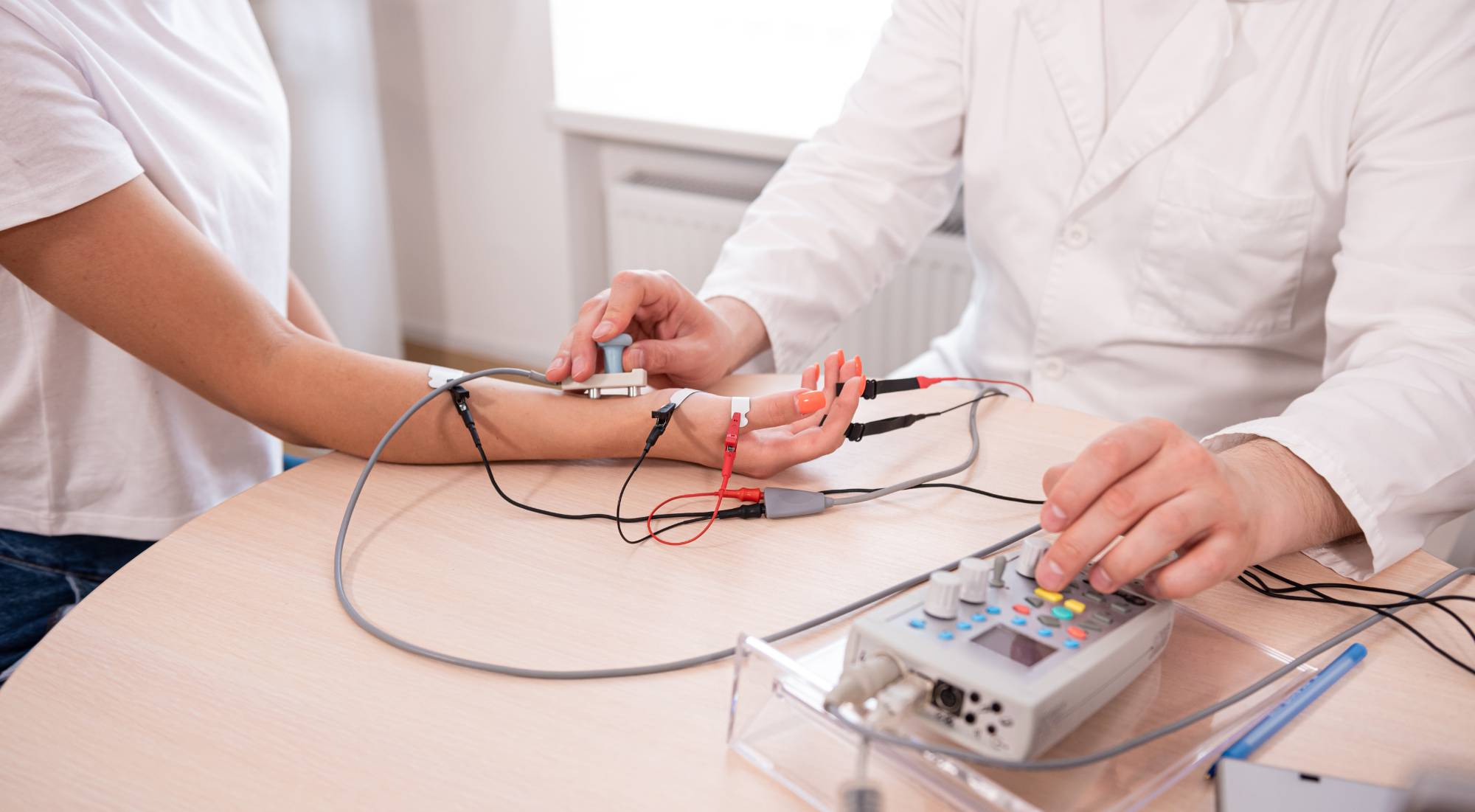
Reviews
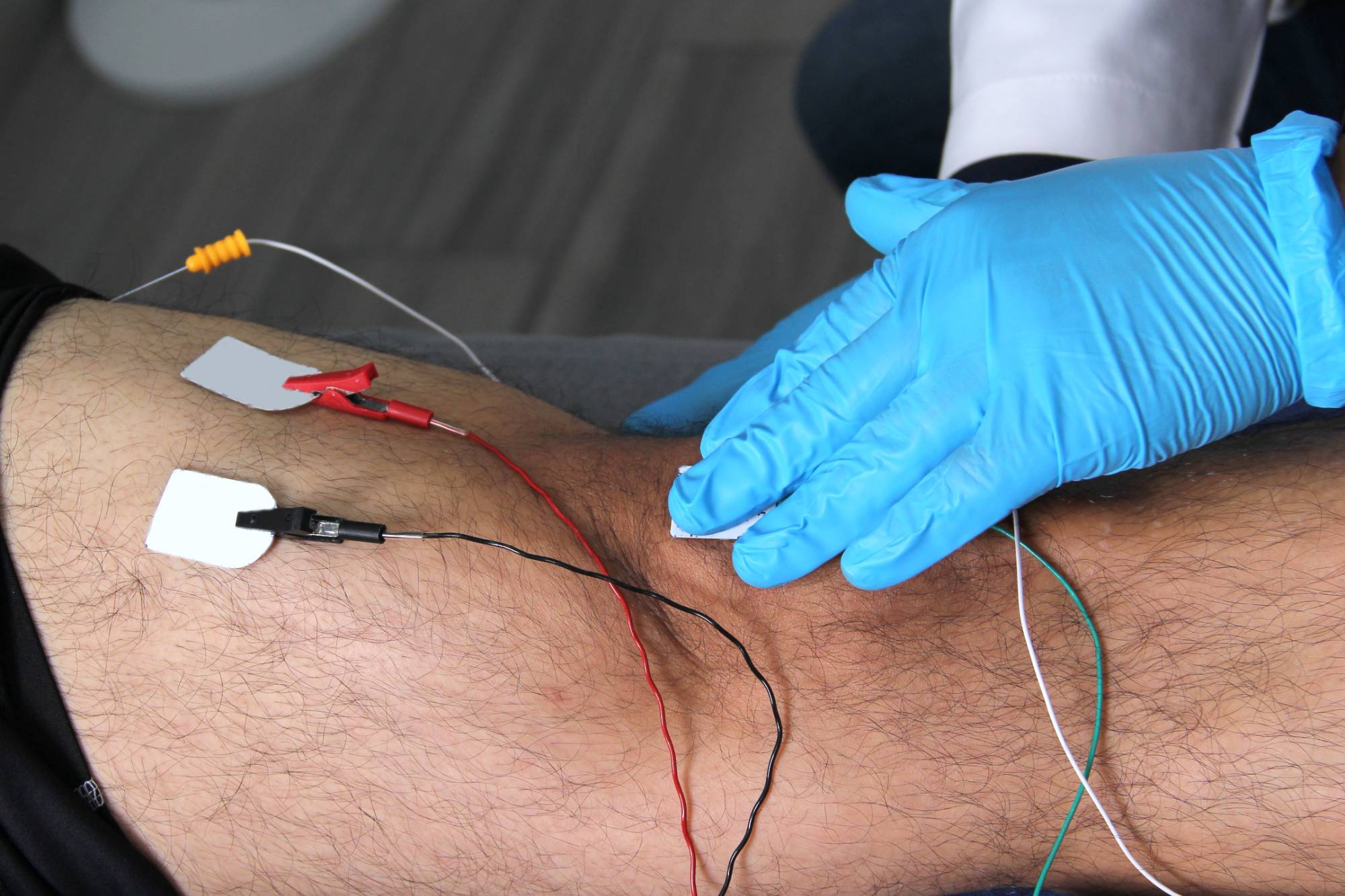
You’ve been dealing with symptoms that don’t make sense. Muscle weakness that comes and goes. Numbness that your doctor can’t explain. Tingling that keeps you awake at night.
EMG testing cuts through the guesswork. This diagnostic test measures the electrical activity in your muscles and nerves, giving us a clear picture of what’s happening beneath the surface.
When you know exactly what’s causing your symptoms, you can stop wondering and start treating the real problem. No more trial-and-error treatments. No more dismissive doctors telling you it’s “probably nothing.” Just concrete answers that lead to effective treatment.
We at NY Spine Medicine have been helping Richmond Heights residents get accurate diagnoses for complex nerve and muscle disorders. Our board-certified physicians specialize in spine medicine and understand how nerve problems affect your entire body.
We use the latest electromyography equipment and combine EMG testing with nerve conduction studies for the most comprehensive evaluation possible. You’re not just getting a test – you’re getting expert interpretation from doctors who see these conditions every day.
Our Richmond Heights patients appreciate that we take time to explain your results clearly and discuss realistic treatment options based on what we find.
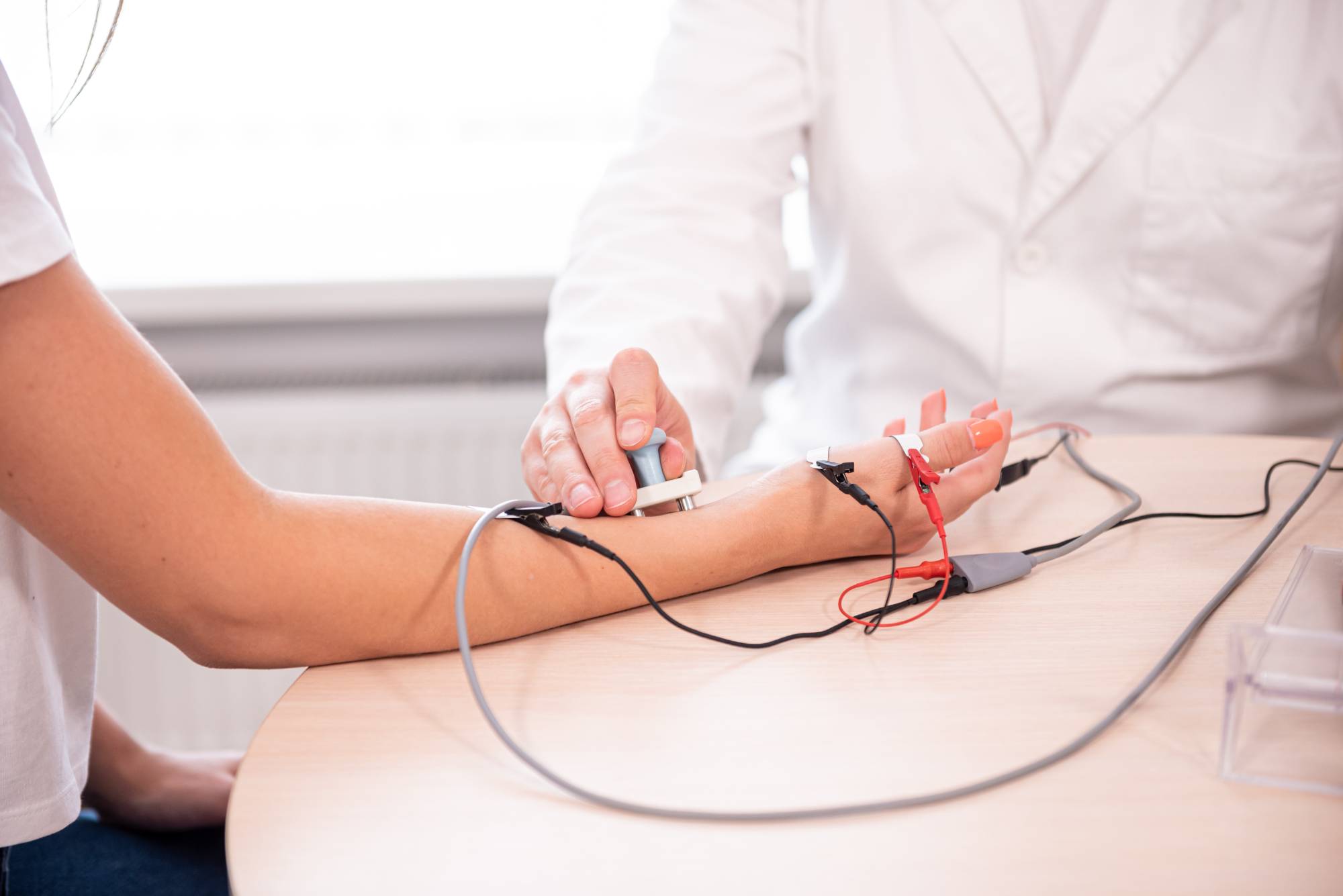
Your EMG test starts with a consultation where we review your symptoms and medical history. We explain exactly what we’re looking for and what the test will feel like.
During the electromyography portion, we place small electrodes on your skin to measure muscle electrical activity. For the nerve conduction study, we use mild electrical pulses to test how well your nerves transmit signals. Most patients describe it as similar to static electricity shocks.
The entire process takes 30-60 minutes depending on which muscles and nerves we need to evaluate. We discuss your results immediately after testing, so you leave with answers instead of waiting weeks for a follow-up call.
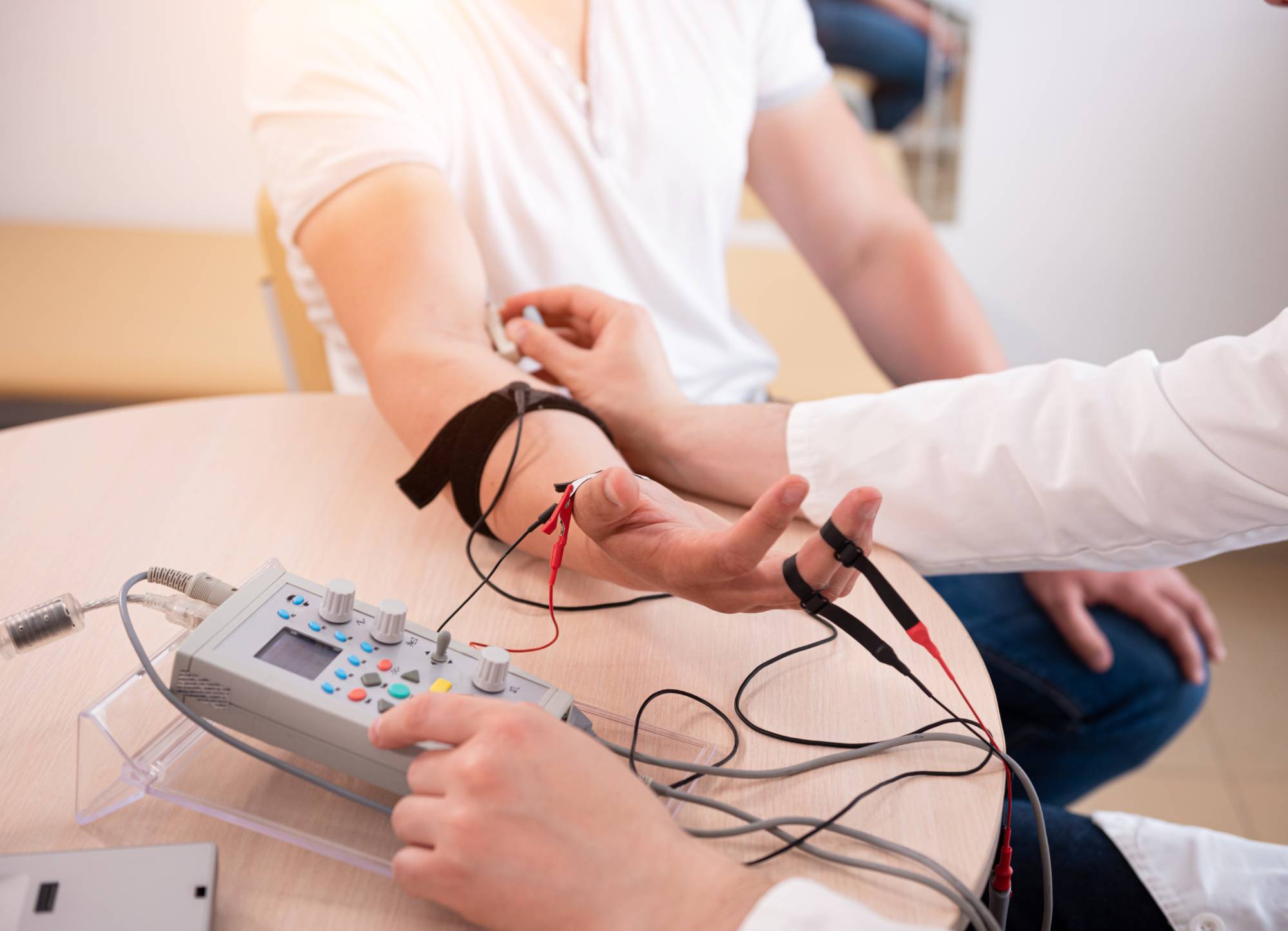
Ready to get started?
Your EMG testing includes both electromyography and nerve conduction studies in one appointment. We evaluate the specific muscles and nerves related to your symptoms, whether that’s carpal tunnel syndrome, sciatica, peripheral neuropathy, or muscle disorders.
Richmond Heights patients often come to us after MRIs and X-rays haven’t provided clear answers. EMG testing reveals functional problems that imaging can’t detect – like how well your nerves conduct signals or whether your muscles respond normally to nerve stimulation.
We coordinate with your referring physician and provide detailed reports that guide your treatment plan. If we find treatable conditions, we discuss your options right away instead of sending you back into the referral maze.
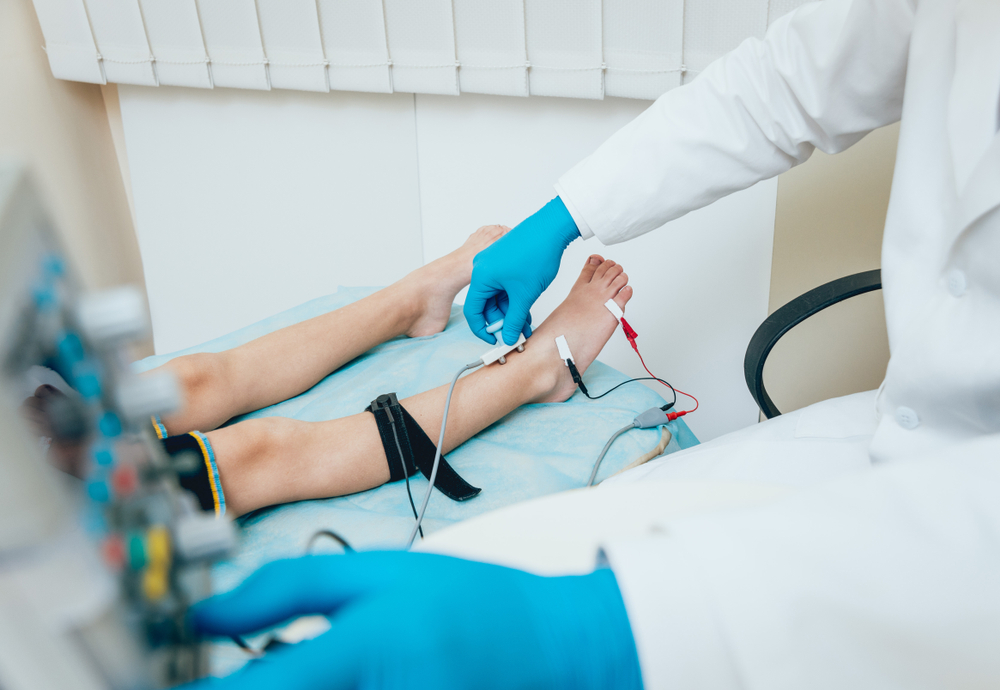
New York:
Florida:
Support